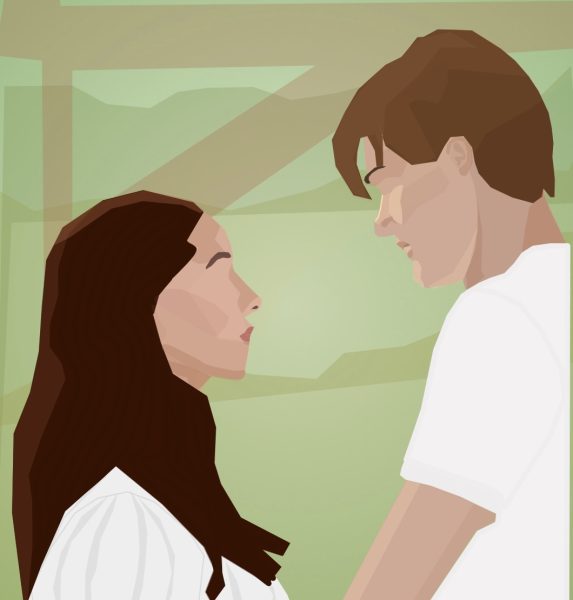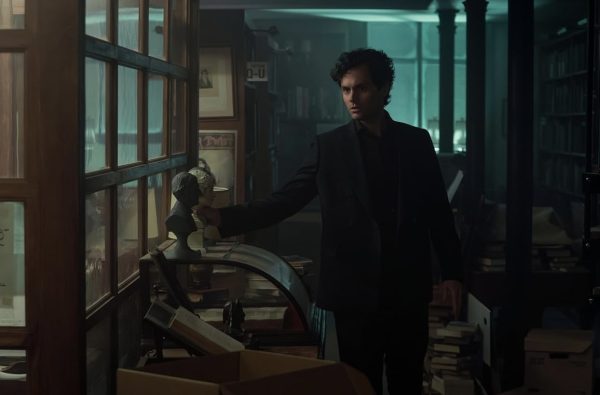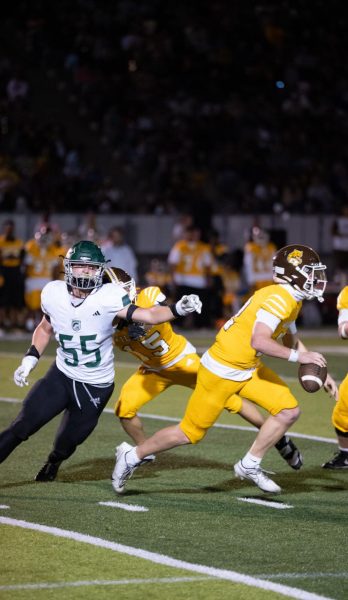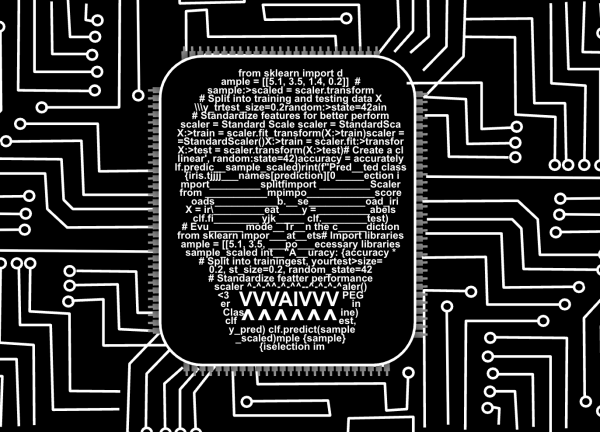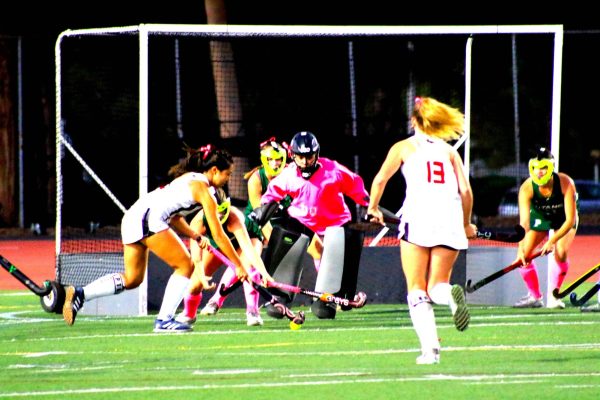Concerns arise after AI take over
Every high schooler and college student for the past century has probably had the same fantasy.
“I wish I could just have someone else write this essay for me.”
For the most part, that has always been more science-fiction than reality. As all English teachers would say, essays are a skill that is harnessed through hard work and practice. They cannot just be whipped up by some magical machine right? While that may have been the truth, say, two months ago, that is quickly changing.
ChatGPT, which stands for “Chat Generative Pre-Trained Transformer,” is a product by OpenAI that is taking the world by storm. Released on Nov. 30 of last year, ChatGPT is an artificially intelligent machine learning algorithm that can generate completely unique and well-written responses to an almost infinite number of prompts.
From short stories and poems, to complete essays, ChatGPT is capable of things that many presumed were decades from seeing the light of day.
The sudden nature of this technology being unleashed onto the world has perturbed many, particularly in the education sector.
“I think that the real danger of ChatGPT comes down to the false sense of ‘learning’ that students feel when they use it,” Computer Science and Statistics teacher Bailey Tormey said.
But ChatGPT isn’t something that is just going to go away. Many across America are wondering what to do from here on out.
“Learning how to read and write is an essential skill for all students,” Sociology and AP Psychology teacher Daniel Cook said.
If teachers decide to condone ChatGPT’s power in an educational setting, it could theoretically be used for learning.
“I do believe that ChatGPT can become a useful tool if teachers decide to integrate it into their curriculum. Say, if students used ChatGPT to generate an essay, and students go on to revise and critique ChatGPT’s response,” Cook added.
Students have also certainly taken notice of ChatGPT.
“It’s insane how smart technology is these days,” senior Nico Griesi said.
Ultimately, ChatGPT does not exist in some sort of “gray area” in terms of Poway’s disciplinary system. The Poway High School student handbook defines plagiarism as “Any intentional representation of another’s ideas/words/work as one’s own, including the misuse of published/electronic material and/or work of other students. Includes direct quotations and paraphrasing without citation”
Be aware that using ChatGPT in any way, shape or form without proper authorization will fall under plagiarism and result in a level 2 violation of Poway’s academic honesty policy.
Furthermore, people have already released software dubbed the “AI Text Classifier,” which exists solely to determine the likelihood of whether a piece of text was generated using their product or not.
Although it’s not perfect, it is a clear sign that AI generated texts are not exactly as foolproof as they may seem on the surface.
The concerning thing about ChatGPT is that there is no way to get around its existence. ChatGPT is not going to be taken offline, and it is going to become a thing that schools are going to have to work around.
As of right now ChatGPT is here, although it is unclear whether or not students will be able to use it without risking an academic honesty referral.

